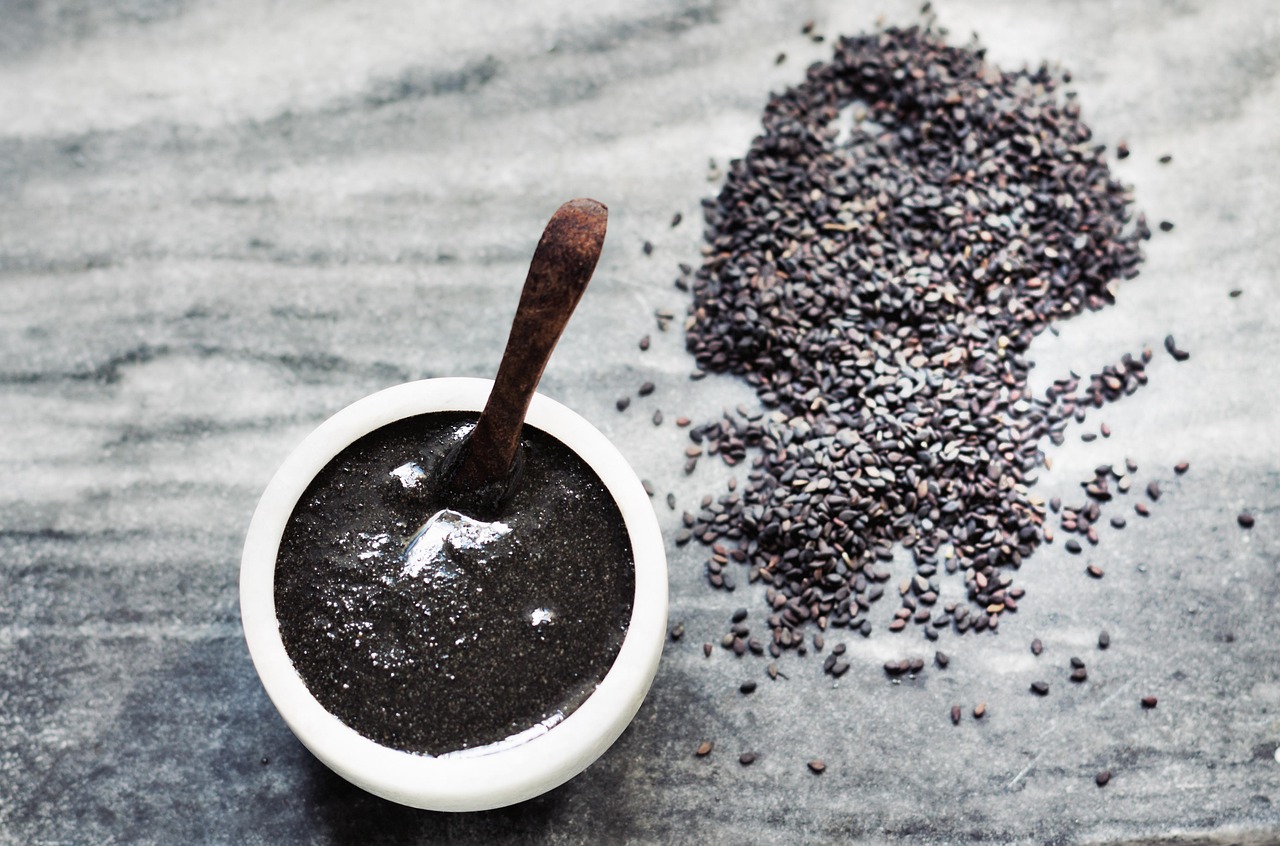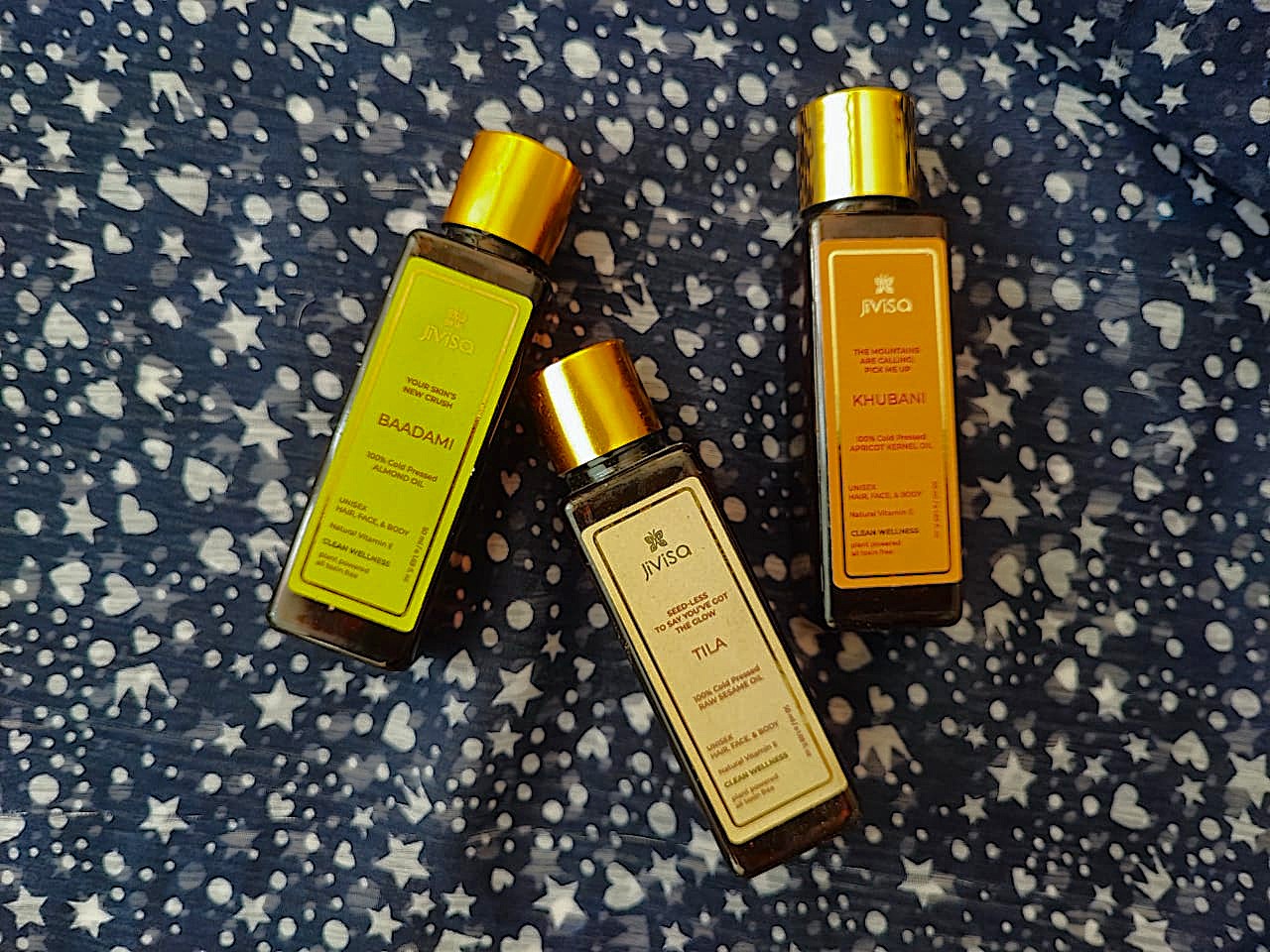
If you think that perfumes are only meant to help you turn their heads, then you are wrong. Perfumes are much more than the appeal of a person. They are the invisible signature of a person.
Do you clearly remember the face of the person you meet in the elevator every day? You might not. But you can sense the presence of the person. It’s because of the perfume the person wears.
Perfumes are not just a part of the vanity, they are a fragment of the personality. If a person emanates the fragrance of cinnamon, they might be into baking; if a person smells of jasmine, they might be mostly calm and composed.
Scientific studies prove that perfumes offer cognitive benefits. Research is being conducted to determine how fragrance affects the brain.
Smells are Special
The sense of smell has long been considered special. Unlike the sense of sight or touch, it takes a shorter route to your brain. When you inhale any fragrance, the molecules travel to the olfactory bulb, which connects directly to the limbic system.
The limbic system is the emotional and memory hub of your brain. This might be the reason that a whiff of vanilla transports you to the neighbourhood bakery from your childhood. If you have a habit of having coffee in your breakfast, then inhaling coffee will remind you of mornings.
Smells have a direct connection to emotions, memory, and learning. They do not have to pass through the brain’s relay station, unlike other senses. This makes smell a powerful tool to maximise mental performance.
A human can detect more than a trillion scents. Astonishing, right? This means that there is no limit to the way smells shape our mental state.
The Connection between Smell and Brain Health
Research suggests that smell and memory are connected. The link is so strong that even neuroscientists have been exploring it as a tool for protecting cognitive health.
It has been observed that losing the sense of smell is often an early sign of Alzheimer’s disease. The reason for this is that brain handling memory is closely tied to scents.
Interestingly, people who have a strong sense of smell show slower cognitive decline. Their memory performance improves as they age.
People who are exposed to different scents in their lifetime are known to have strong neural connections. Such people delay age-related memory loss.
If you want to give your brain a good workout, expose it to multiple scents every day, suggests Dr. Michael Leon, a neurobiologist at the University of California. His studies reveal that seniors who smell 40 different aromas in a day showed significant improvement in memory.
Cognitive Functions enhanced by Scents
1. Memory & Recall

If you are looking to improve memory retention, then rosemary is your best bet. Studies show that rosemary helps remember things. That is the reason that students and professionals use rosemary before their exams or presentations. The same is true for peppermint. Refreshing and cool, peppermint sharpens alertness and helps with memory retrieval.
2. Focus & Concentration

The zesty aroma of lemon lifts mental fatigue and stimulates brain activity. It is perfect for groggy mornings or mid-day slumps. If you want help with your sinuses or to increase oxygen flow, you should try Eucalyptus. It even keeps your mind alert.
3. Stress Relief & Calm Thinking

Known for centuries as a relaxation herb, lavender reduces anxiety and lowers heart rate. It is great for stressful meetings or before bedtime. If you are looking to calm mental chatter, then you should try chamomile. It is gentle and soothing and helps promote clarity.
4. Creativity & Imagination

This sweet floral scent of Jasmine uplifts mood and inspires innovative thinking. To activate your creative side of the brain, consider befriending cinnamon. While it is flavorful, this warm scent has been linked to faster brain processing.
What will help you when
| Situation | Recommended Scent | Why It Works |
| Studying | Rosemary, Peppermint | Boosts memory retention and alertness |
| Creative Work | Jasmine, Cinnamon | Energises and refreshes the mind |
| Stressful Meetings | Lavender, Chamomile | Promotes calm and clear decisions |
| Morning Routine | Lemon, Eucalyptus | Energizes and refreshes the mind |
| Bedtime Routine | Lavender, Chamomile | Prepares the brain for restful sleep |
My experience with Bliss Luxury Perfumes
If spring could be bottled, it would smell like Bliss perfume. From the very first spritz, I was wrapped in a delicate bouquet that felt both fresh and sophisticated. The top notes bloom with a burst of citrus-kissed petals, instantly uplifting my mood. As the fragrance settles, floral scents linger beautifully, like a stroll through a sunlit garden.
What I love most is how it evolves throughout the day, never overpowering, but leaving just enough of a trail to be noticed. It’s feminine without being too sweet, graceful without being too heavy. Perfect for brunch dates, work meetings, or even a quiet evening by yourself when you want to feel special.
✨ What worked for me:
- Long-lasting without being overwhelming
- Elegant balance of fresh and floral notes
- Chic bottle that looks gorgeous on the vanity
5 Ways to Use Scents in Daily Life
1. Essential Oil Diffuser
I love the design of essential oil diffusers. They resemble mystical machines with smoke emanating from them. The lighting of these diffusers and the resultant scent will instantly recharge you. You can either keep one on your desk or your bedside. Use rosemary during study sessions, peppermint for a quick energy boost, and lavender before bedtime.
2. Scented Candles
Scented Candles work in two ways. They light up the room and spread their fragrance. Light a lemon candle while working or a chamomile one during meditation. The flame adds ambience, while the fragrance works on your brain. Choose scented candles made of soy wax or beeswax. Those made of paraffin wax and synthetic fragrances have the opposite effect on your health.
3. Fragrance Sprays
A quick mist over your workspace, yoga mat, or pillow can instantly refresh your mood and focus. Keep a tiny bottle handy in your bag or near your bedside. Often, fragrances prevent you from feeling sad or anxious. For instance, you can cure your sleeplessness by spraying jasmine scent on your pillow before bedtime.
4. Scented Stationery
Spritz your study notes or planner with peppermint or rosemary. Research shows that smelling the same fragrance while revising and while recalling improves memory recall. You can create do-it-yourself aromatherapy stationery or purchase ready-to-use ones from the store. The most popular ones are scented erasers and pens.
5. Aromatherapy Roll-Ons
I love how handy little bottles of roll-ons are. I have bought one for my teenager who keeps it in her pocket for instant change of mood. These roll-on scents are portable and discreet. You just need to dab a little jasmine before a brainstorming session, or cinnamon during creative projects.
The Scent & Mind Challenge
Want to test this for yourself? Try this simple experiment:
- Pick a scent from the list that matches your current goal (focus, memory, calm, or creativity).
- Use it daily for one week via diffuser, candle, roll-on, or spray.
- Keep a short log of your mood, energy, and productivity.
- Notice the difference by the end of the week and share your results with friends or online communities.
Many people find themselves surprised at how much sharper, calmer, or more creative they feel with just this small tweak.
How to Strengthen Your Sense of Smell (and Your Brain)
It’s not just about using fragrances; it’s also about exercising your nose. Just like muscles, your olfactory system benefits from training. Here’s how:
- Expose yourself to new scents daily: Smell spices in your kitchen, flowers on a walk, or essential oils at home.
- Consciously focus: Don’t just sniff, pay attention. Try to describe the aroma (sweet, woody, sharp, earthy). This strengthens your brain’s connection.
- Vary your scents: Don’t stick to the same fragrance for months. Change it. Challenge your brain with novelty.
- Don’t ignore unpleasant smells: Even bad odours give your brain a workout.
Mood & Mental Health Benefits of Fragrance
Scents don’t just sharpen focus or memory; they also affect emotional well-being. Certain aromas stimulate the release of neurotransmitters like:
- Serotonin – stabilises mood and promotes happiness.
- Dopamine – linked to motivation and reward.
- Endorphins – natural stress and pain relievers.
For example:
- Lavender and chamomile can ease symptoms of anxiety and depression.
- Citrus scents like lemon and orange can boost energy and positivity.
- Cinnamon and peppermint may enhance motivation and drive.
Conclusion: Breathing in Brilliance
Fragrance isn’t just about smelling good; it’s about thinking better, feeling calmer, and remembering more. From rosemary that sharpens recall to lavender that melts stress, your nose can be a secret productivity partner.
Next time you walk past a blooming jasmine bush or sip cinnamon tea, pause and notice how your brain feels. That whiff might just be rewiring your mind for brilliance.
So, why not give it a try today? Light that candle, open that essential oil bottle, and let your brain take a deep, mindful breath.







Leave a Reply